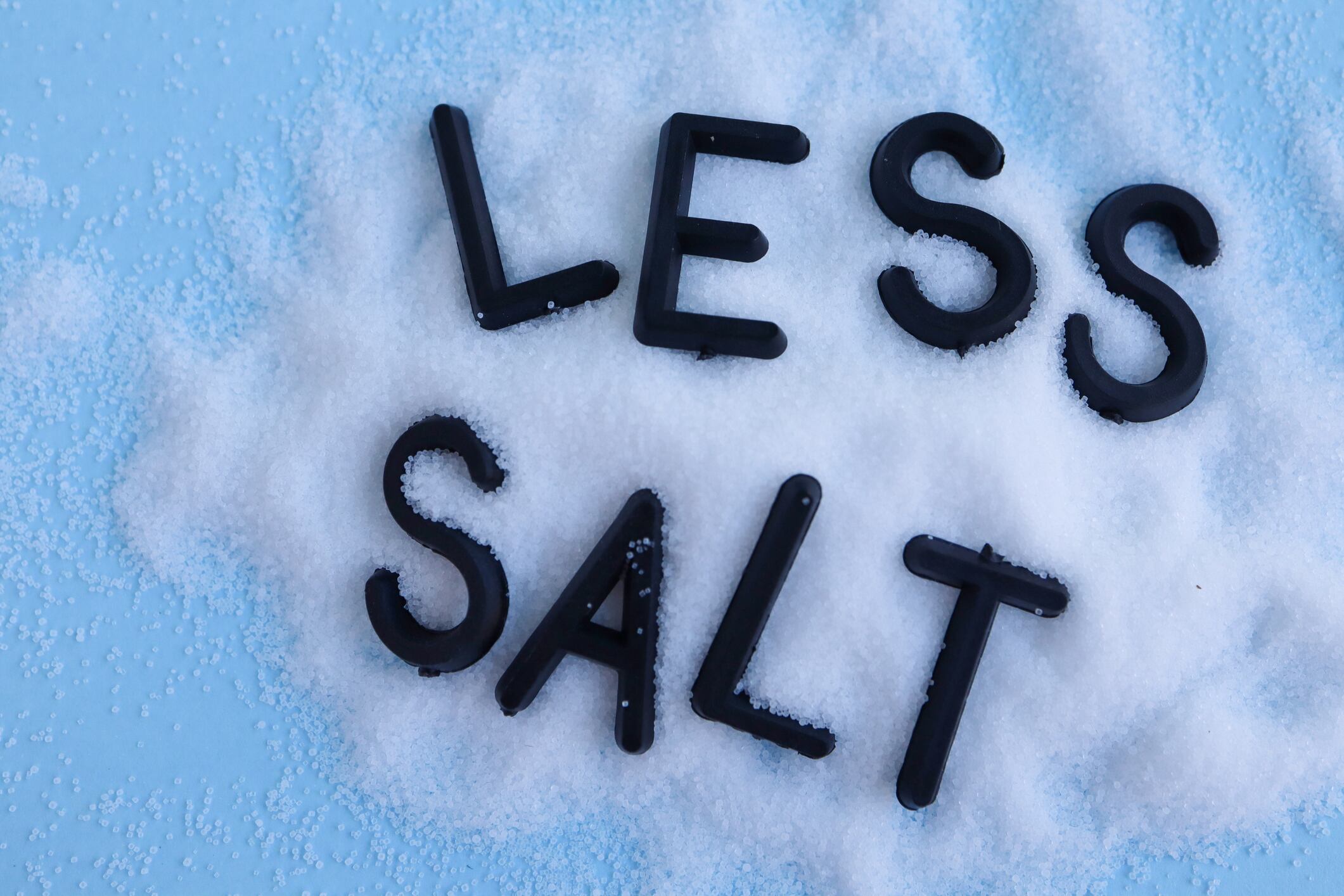Gluten-free in the spotlight under new Singapore pre-packaged food rules
The Singapore Food Agency (SFA) has introduced new pre-packaged food regulations, with a focus on gluten and improving the clarity of ingredient labelling.
One of the most major changes made was the introduction of a new regulation 250B concerning gluten-free and reduced-gluten foods.
“‘Gluten’ is a protein fraction from cereals including barley, oat, rye, wheat, hybridised strains of these cereals or products of these cereals, and to which some persons are hypersensitive,” Singapore Minister of Sustainability and the Environment Stanley Loh, under which the purview of SFA falls, stated via a formal statement.
“A package of food must not be labelled with the words ‘gluten‑free’, ‘naturally gluten‑free’ or ‘reduced gluten’ unless the package of food contains only gluten‑free food, naturally gluten‑free food or reduced gluten food, as the case may be.
India proposes mandatory milk product logo, plus larger sat fat, sugar, salt labels
The Food Safety and Standards Authority of India (FSSAI) has proposed mandating a logo on milk products, while calling for more prominent salt, sugar and fat labelling.
This is one of the three amendments proposed in the Food Safety and Standards (Labelling and Display) Amendment Regulations, 2025.
The food authority is calling for public comments regarding these proposed amendments from February 18 to April 20.
The draft notification published on February 18 proposed that “all milk and milk products, including composite milk products … shall carry the logo as specified”.
South Korea launches 2025 agrifood plan with focus on supply management, K-Food exports
Reducing food waste and investing in tech to improve shelf life are among the priorities unveiled by South Korea’s Ministry of Agriculture, Food and Rural Affairs (MAFRA).
According to MAFRA Minister Song Miryung, stabilisation is the ministry’s priority for 2025 in light of the current global macroeconomic environment.
“Food and agriculture are areas that have a direct impact on the livelihood of the South Korean people, so government policies are crucial to help household economies recover [amidst these challenging times],” she said via a formal statement.
“As such, this year we will prioritise the stabilisation of local household economies and implement intensive efforts to address challenges facing both consumers and farmers, which will be a main focus in the first half of the year.”
Meat measures: Japan to form national consortium to streamline domestic market
The Japanese government is setting up a national consortium to streamline the processing and distribution of meat and meat products.
Japan has announced that it will be investing JPY1.2bn (US$) out of the JPY115.5tn (US$) budget approved for FY2025 into the modernisation and reorganisation of the local meat industry, including the formation of a national consortium to manage this.
“In order to improve the distribution structure of the meat industry and further improve productivity for export expansion, we will be supporting necessary efforts and developments towards the reorganisation and rationalisation of the entire sector,” Japan’s Ministry of Agriculture, Forestry and Fisheries said via a formal statement on Budget 2025.
“This will include the reorganisation of the meat supply chain, covering meat processing facilities, livestock markets, meat trading and so on – all of these will be covered under the formation of a consortium that will comprise livestock farmers, meat processors and meat distribution companies.
India takes a ‘positive step’ in fixing July 1 every year as date for amendment of food labelling and display regulations
Changes to labelling rules in India will provide clarity in compliance planning for food businesses and improve trust among consumers, said industry experts in the country.
This latest development is a reform to the Food Safety and Standards (labelling and Display) Regulations, which took effect in 2020.
The objective is to ease compliance for food businesses while empowering consumers to make informed choices, said the Food Safety and Standards Authority of India (FSSAI).




